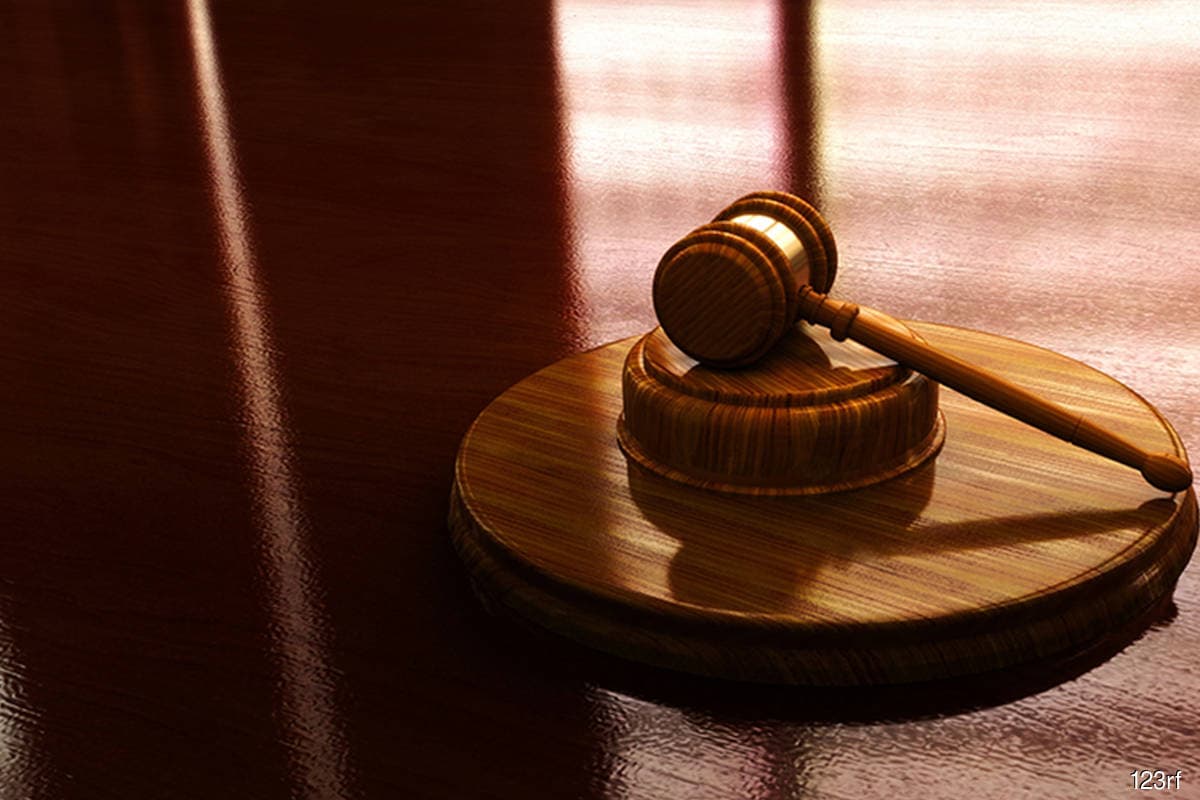
PUTRAJAYA (May 23): A three-member Federal Court bench had in a majority decision on Monday (May 23) allowed three federal lawmakers and a state assemblyman's appeal to challenge the validity of the pandemic-driven emergency proclamation and the legislations passed during that period.
Justice Datuk Nalini Pathmanathan, who led the bench, along with Justice Datuk Vernon Ong Lam Kiat were in the majority while Justice Datuk Zabariah Mohd Yusof was in the minority.
The challenge was put forward by opposition leader Datuk Seri Anwar Ibrahim, and separately by Pulai member of Parliament (MP) Datuk Seri Salahuddin Ayub of Amanah, Sungai Petani MP Datuk Johari Abdul (PKR), Pasir Gudang MP Hassan Karim (PKR), and former law lecturer and Tebing Tinggi assemblyman Abdul Aziz Bari (DAP).
Justice Nalini in her majority decision said she and Justice Ong were in agreement that leave should be granted as they are questions of law of public importance and there is a need to revisit the Court of Appeal's decision in the Anwar case.
Justice Zabariah, who read the minority decision, said Article 150(8) of the Federal Constitution clearly bars judicial scrutiny of legislation passed during the emergency period.
“Whatever it is Clause (1) of Article 150 cannot be challenged or reviewed in any court or ground be it on fundamental liberties as the Parliament had limited the court's power,” she said, adding the challenge ought to be dismissed.
The majority had listened to the arguments made by Datuk Dr Gurdial Singh Nijar, who appeared with Christopher Leong for Salahuddin, Johari, Hassan and Abdul Aziz, in citing the landmark Semenyih Jaya, SIS Forum, T Dhinesh and the M Indira Gandhi case on the position of the ouster clause that can be challenged. Ram Karpal Singh and Sangeet Kaur Deo appeared for Anwar.
With this, Justice Nalini allowed two questions of law posed by the four lawmakers and seven questions of law posed by Anwar for the apex court to decide on its merits.
The questions of law posed by the four are:
- Whether Article 150(8) of the Federal Constitution and the interpretation of the said provision by the Federal Court in the decision of Datuk Seri Anwar Ibrahim vs the Public Prosecutor absolutely prevents the judiciary at the leave stage of judicial review from considering the validity of the decisions made under Article 150 in light of the decisions sighted in the above cases (ie SIS forum, Semenyih Jaya etc), and
- Whether Article 150(6) and (8) of the Federal Constitution absolutely prevents the the judiciary from constitutionally and statutorily reviewing the questions of whether the executive has exceeded its jurisdiction and ambit of power under Article 150 itself, when it enacted and advised the Yang di-Pertuan Agong to promulgate Sections 11(a) (b), 14 and 15 of the Emergency (Essential Powers) Ordinance following decision in other court cases involving Maria Chin Abdullah.
Meanwhile, the apex court decided to grant seven questions posed by Anwar in his challenge which include:
- Whether Articles 150(6) and 150(8) of the Federal Constitution is inconsistent with Articles 4, 8, and Article 121 of the Federal Constitution, and hence should be declared unconstitutional, null and void and of no effect
- Whether the phrase “on any ground” of Article 150(8) of the Federal Constitution extends to the advice of the Cabinet to the Yang di-Pertuan Agong to proclaim an emergency and to promulgate emergency ordinance
- Whether provisions in the Federal Constitution itself under Article 150(6) and (8) can be struck down as being inconsistent with Article 4(1) of the Federal Constitution.
Article 150 is over the emergency proclamation as announced by the Yang di-Pertuan Agong.
Previously, all four MPs, comprising Anwar and the three others, as well as Abdul Aziz had failed in their bid to challenge the constitutionality of the emergency proclamation.
Senior federal counsel Liew Horng Bin had argued on Monday that what they are seeking is academic since the emergency proclamation had been lifted last August.
Ram Karpal argued that it is not academic as the court can still decide its validity and if it is deemed wrongly declared then the public can be allowed to take action on the various legislation passed during the emergency period.
The High Court had dismissed their application in March last year, and the decision was upheld by the Court of Appeal.